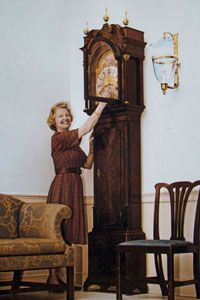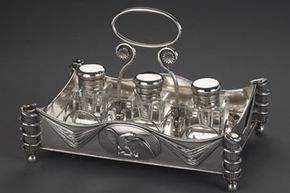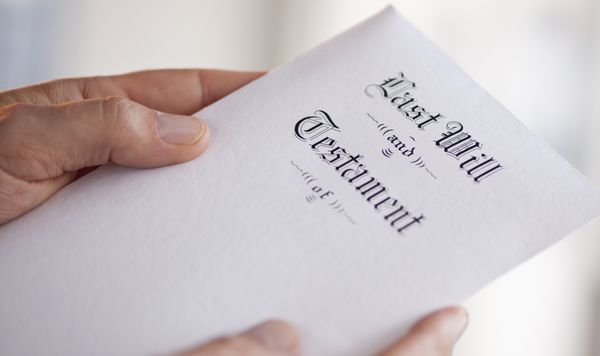If you have a will, you've probably already thought about designating at least certain parts of your estate. Most people who take the time to plan ahead and save their families the horror of Sister v. Brother battles have considered who gets the real estate, the investments, the Bentley. They've thought about the money.
What some people forget are the pieces of sentimental value.
Advertisement
As tricky as dealing with money matters can be, dealing with feelings can be even harder. You'll want to approach the designation of family heirlooms with caution, sensitivity and, perhaps most important, forethought. This process -- and it can really be a process -- is one you want to start early.
The first thing you need to do is decide if your 1920 dining room set is an heirloom, a piece of furniture or a piece of crap.
Advertisement






